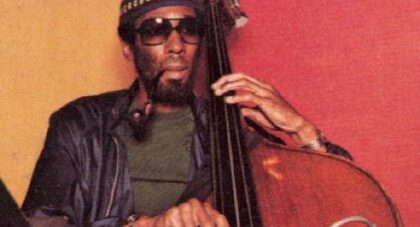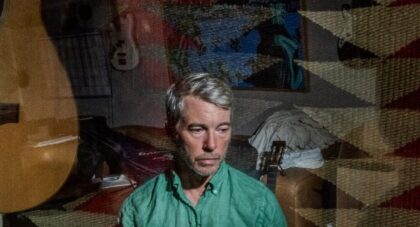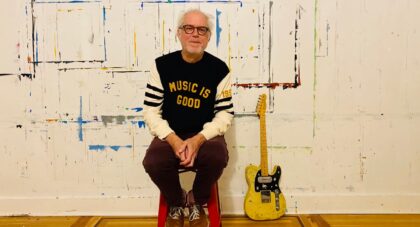(In October of 2008 we flipped the script on our Sevens column with Politiko, focusing solely on political songs until the general election. It’s now 2016…and we’re back.)
"It all started at the border / and that's still where it is today / someone killed Ramon Casiano / and the killer got away." The opening line to "Ramon Casiano" sounds as much like the invocation of a Cormac McCarthy novel as it does the lead track from a Drive-by Truckers album. But the first song on the Truckers' most thoroughly political album, American Band, opens with what seems like ought to be its most salient detail. Instead it becomes something much larger in the details.
The titular person was a 15-year-old Mexican boy killed in a disagreement with a 17-year-old American named Harlon Carter in 1931. Carter was convicted and sentenced to three years before an appeal overturned his sentence based on the judge's instructions to the jury before deliberation. He was never re-tried and the incident itself stayed buried until Carter was confronted about it in 1981.
This doesn't sound like an intensely important event, aside from the lack of justice, until you trace out Carter's life afterward. Throughout his adult life, he served as a border patrol agent and even became the head of all federal border operations during the time of the infamous Operation Wetback during the 1950s. He also became an active member of the National Rifle Association, then a fairly benign group dedicated to promoting sports shooting and hunting activities. But that would change in 1968.
The Gun Control Act of 1968 was the first legislation passed to restrict gun sales and transport in some way since the 1930s. The NRA leadership found itself supporting some parts of the law and not others, but Harlon Carter was insistent that the NRA should opposed all gun legislation at all times. As a piece from the Washington Post noted about Carter: "Asked in 1975 if he would rather let convicted violent felons and the mentally deranged buy guns than endorse a screening process for gun sales, Carter did not hesitate to say yes. That’s the 'price we pay for freedom.'"
Carter would lead a revolt from within the ranks of the NRA, and in 1977 he would become its president. Over the eight years of his leadership, he would push the NRA to become one of the most powerful lobbying organizations in the United States - powerful enough to almost permanently derail more serious consideration of further gun control.
Only the good shit. Aquarium Drunkard is powered by its patrons. Keep the servers humming and help us continue doing it by pledging your support.
To continue reading, become a member or log in.


